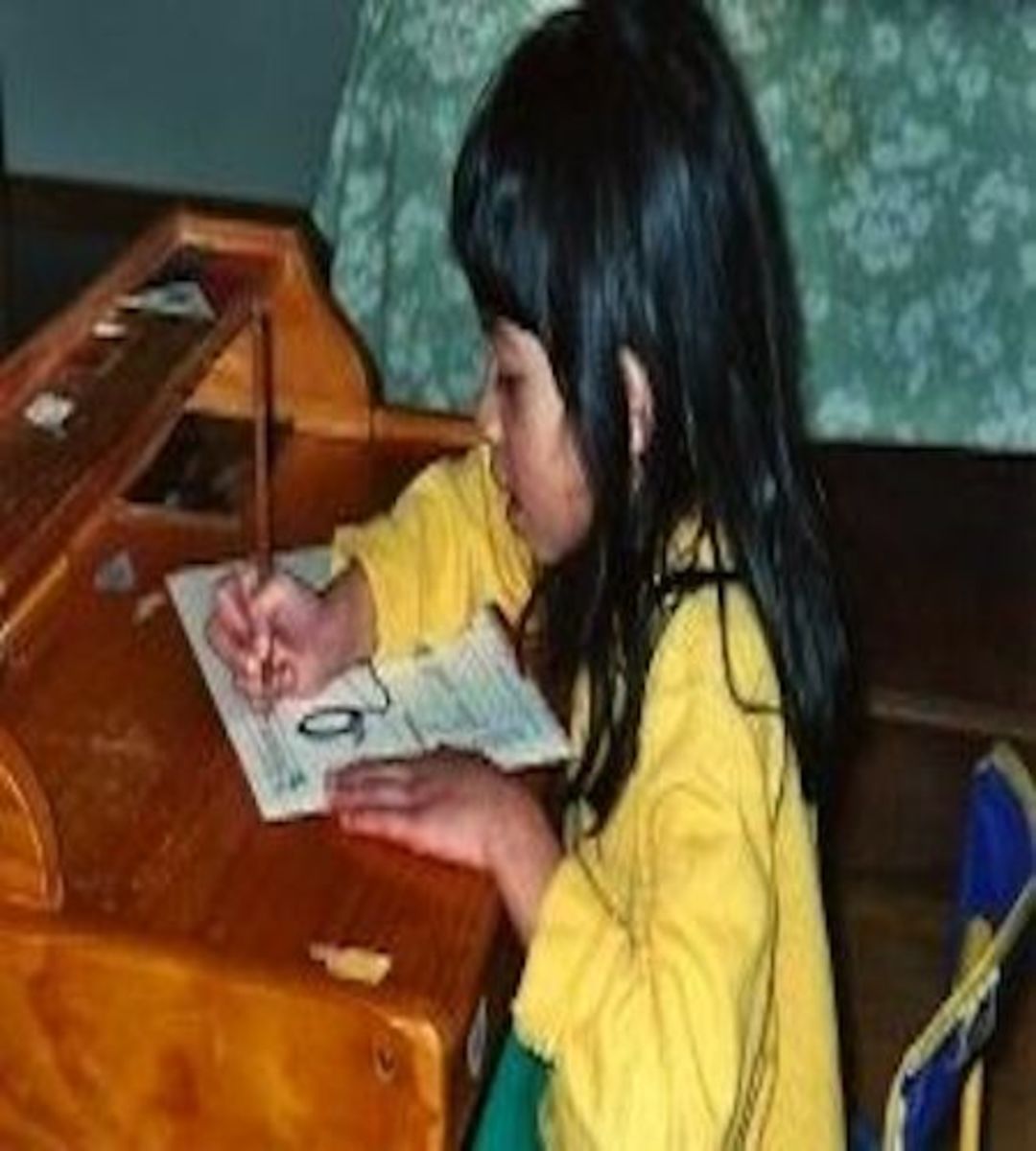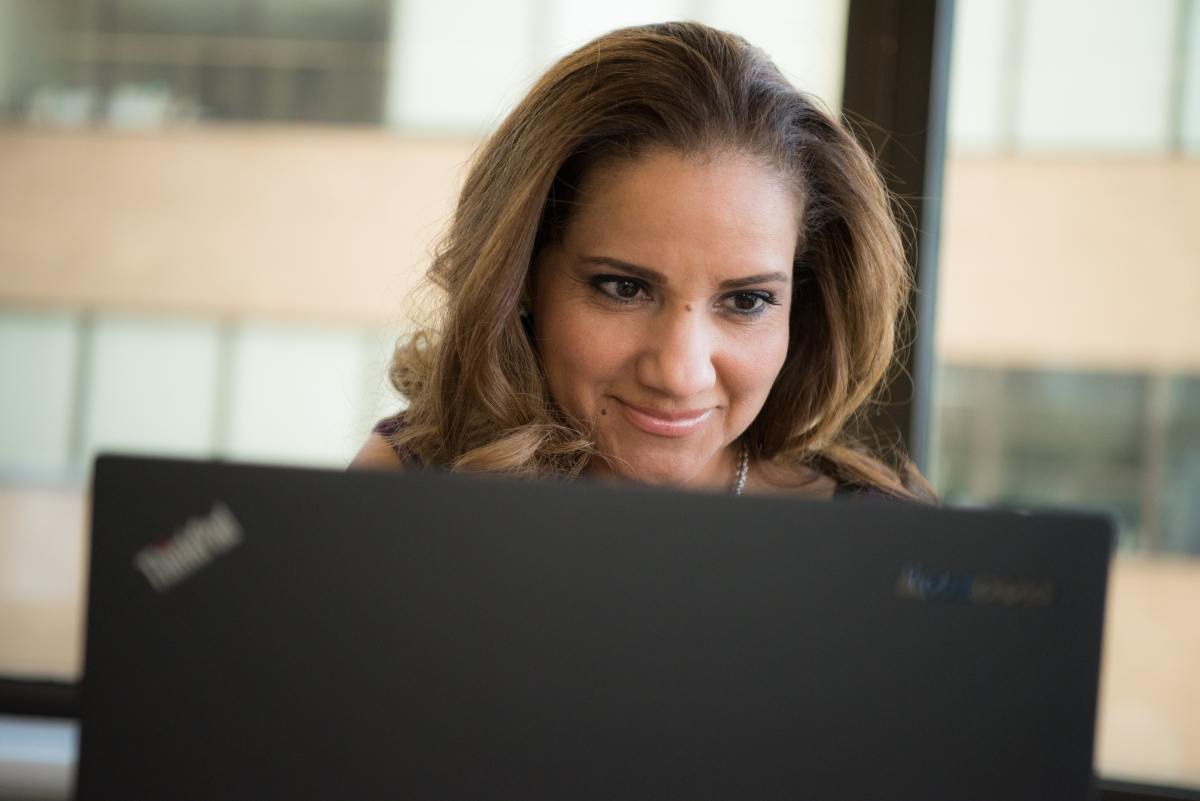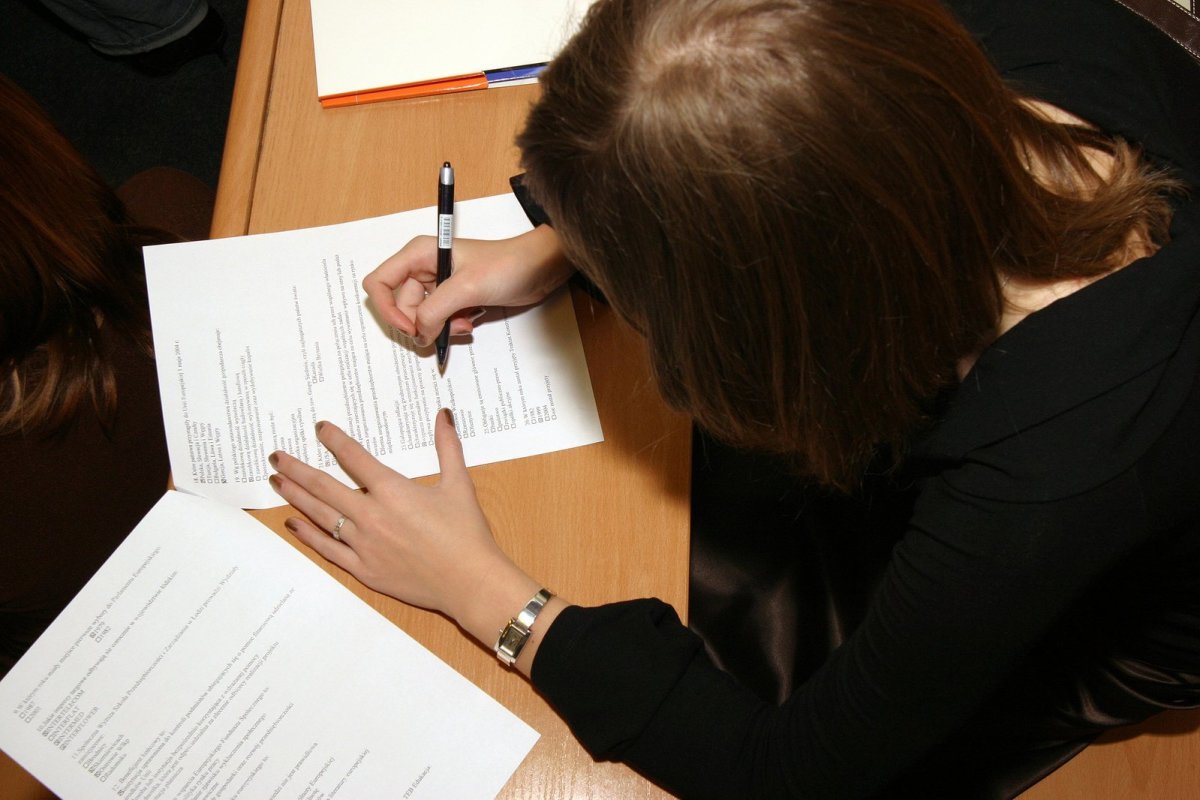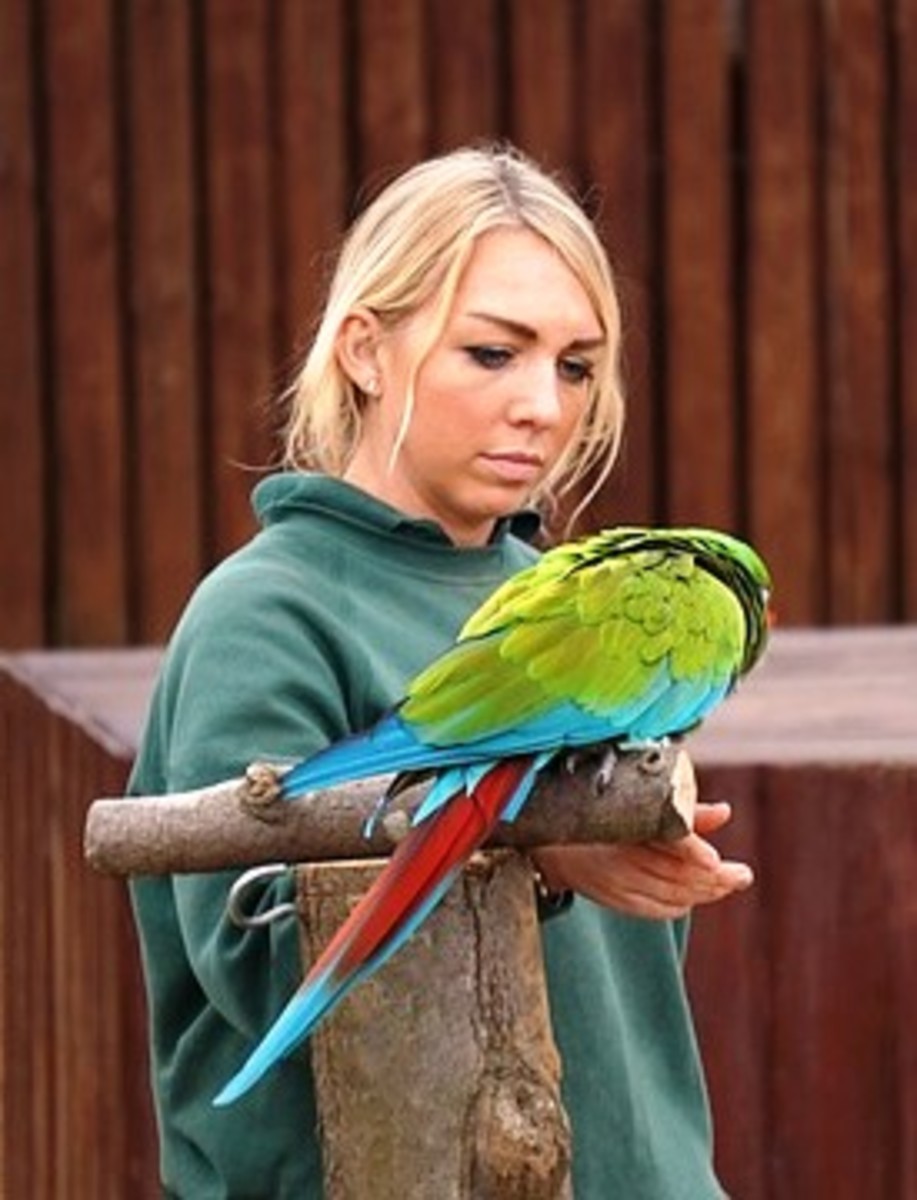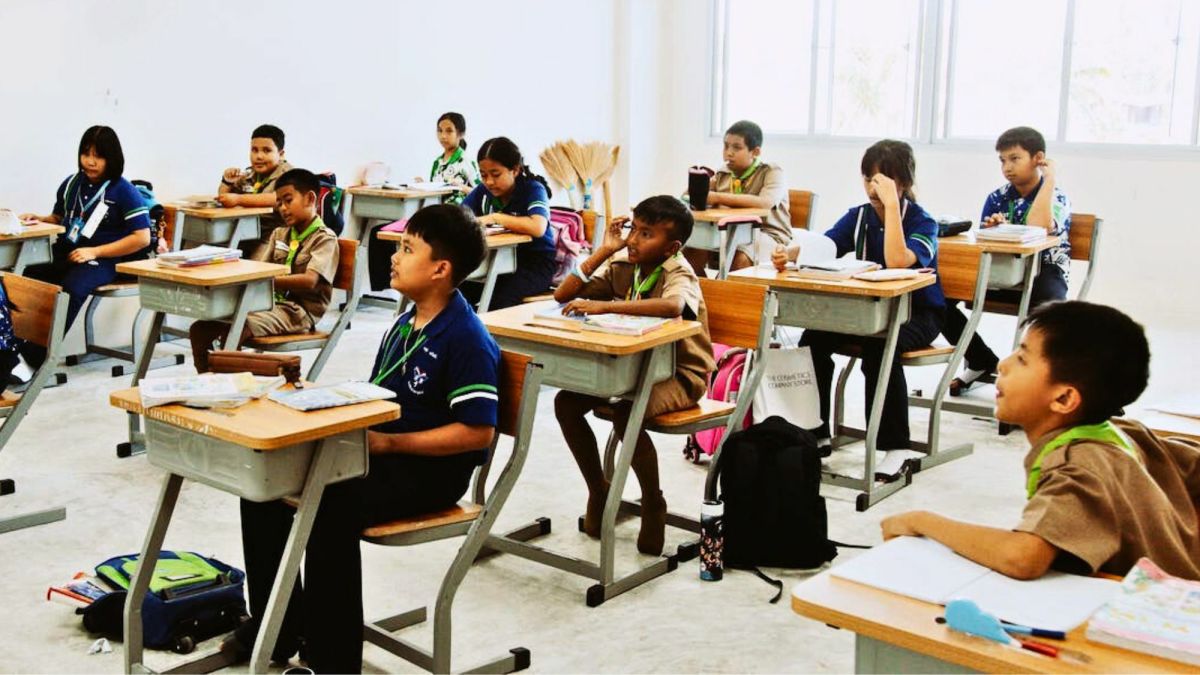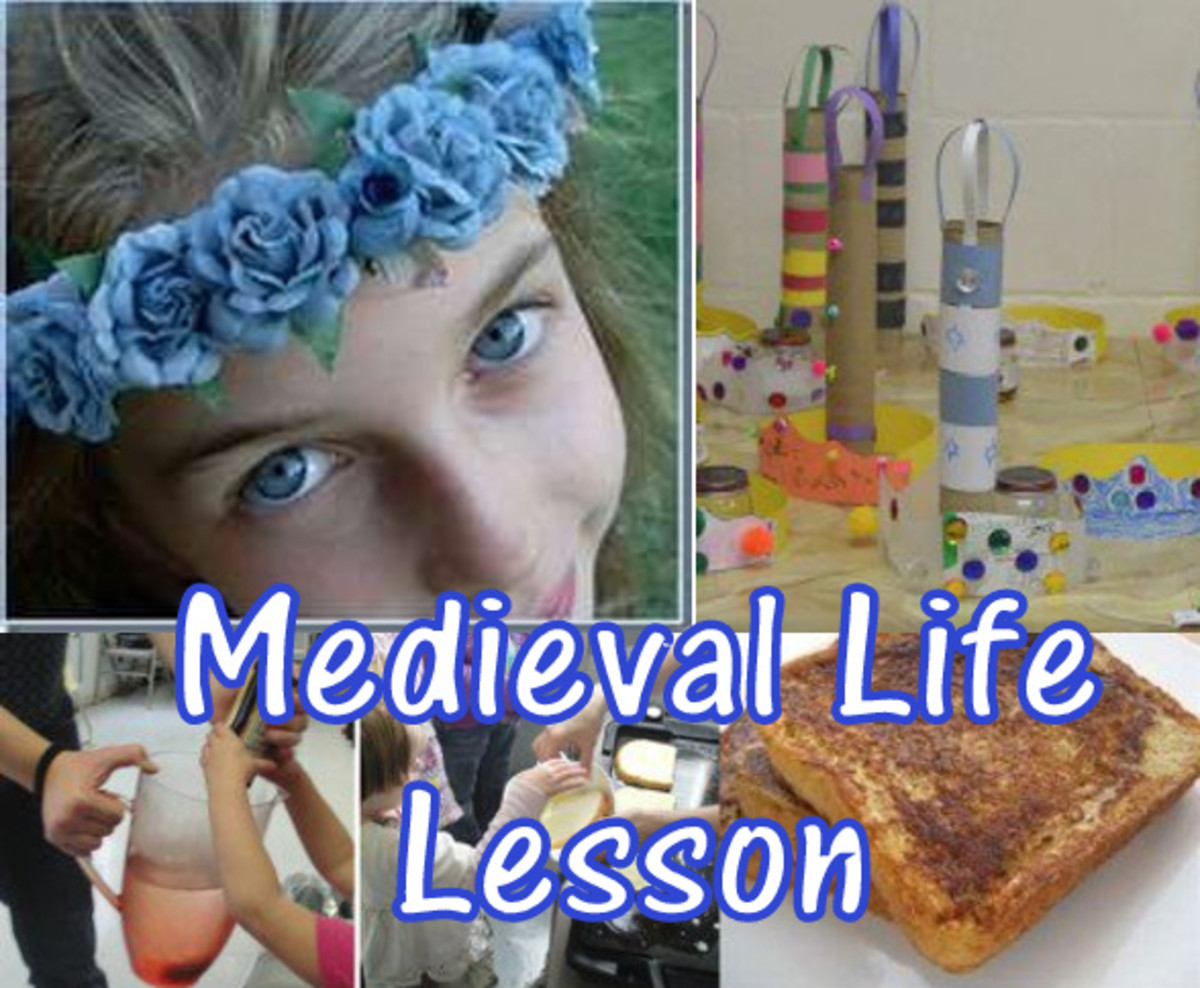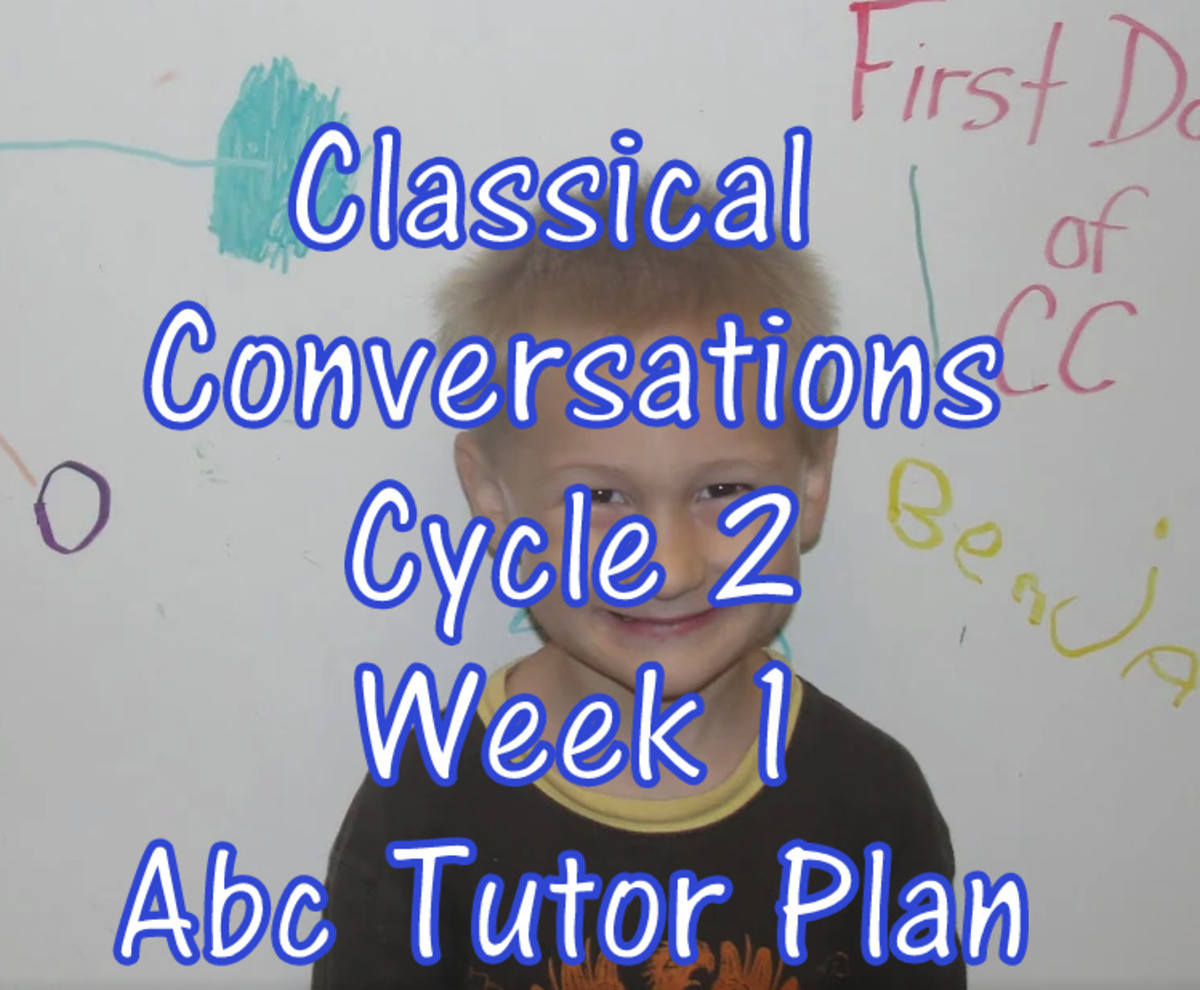Should Citizenship Lessons be Statutory in Primary Schools?
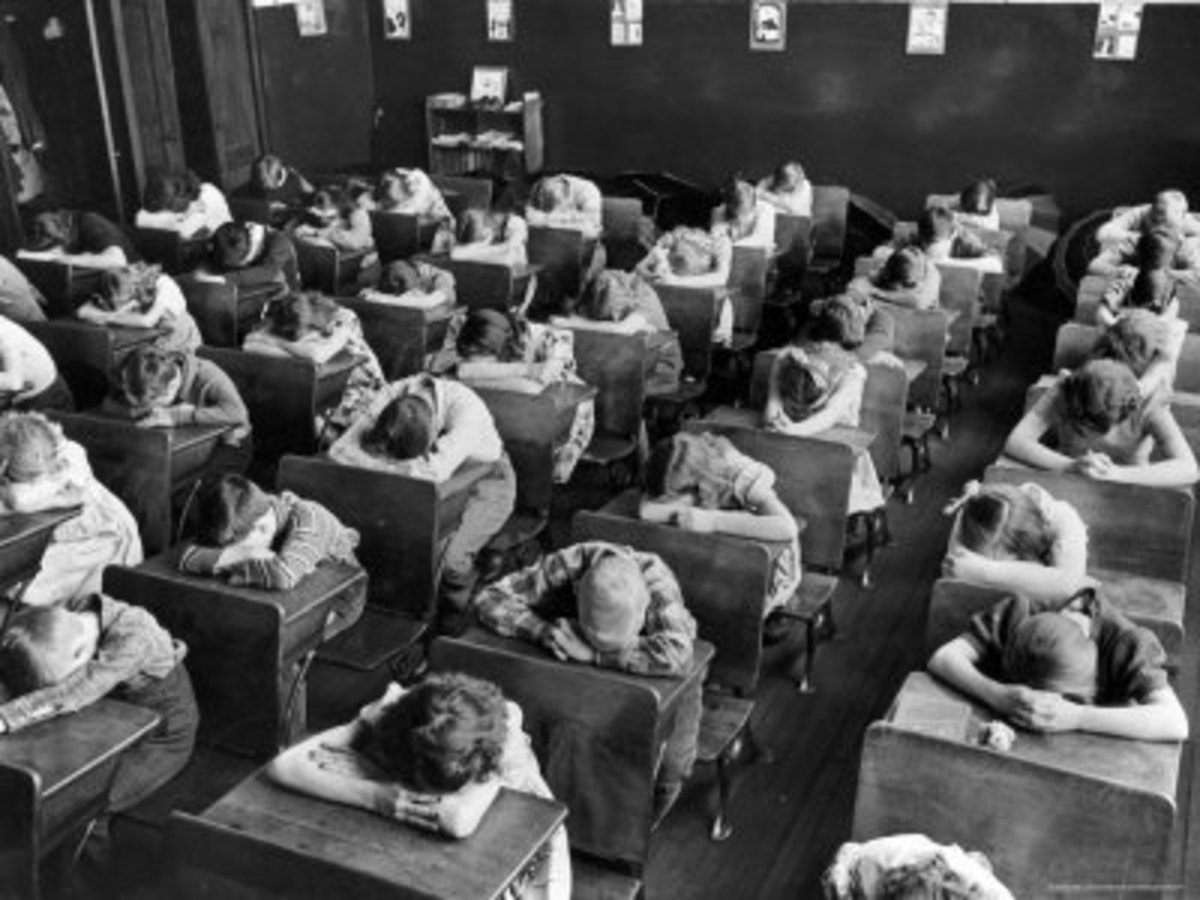
In this hub, I wish to address the importance of teaching citizenship in the primary classroom, discussing it’s relevance across the curriculum and in the individual lives of so many children. I have no doubt that citizenship should be taught in schools, the problem lies in the difficult decision as to what age children are ready to be taught about potentially controversial issues.
It has been well documented that children’s patterns of behaviour set at an early age. According to H Claire (Teaching Citizenship in Primary schools) This is the core reason that young children should be taught about wider global issues from an early age
‘We now know that ‘dispositions’ patterns of behaviour and of learning, are set at an early age: dispositions about ourselves, other people, and the wider world. Teachers at key stage one therefore have an incredibly important role to play in the development of children as global citizens’
Tide: 2001 Key Stage 1 and global citizenship
I would fundamentally agree that children need to be taught early on about their surroundings and issues which could effect them even at the young age they are, this is so they develop an awareness of the community they live in and their responsibilities as a active young citizen.
Although PSHE (Personal Social and Health Ed.) is a valid and necessary topic for children, it is very self centred, Citizenship education can almost empower children to consider that their actions take an effect on a global scale. Even young children are part of society and need to know what kind of world they are growing up in. Davies refers to citizenship education as a celebration of communities.
‘ Citizenship offers all schools the opportunity to celebrate their communities. It enriches the curriculum and empowers pupils as active citizens.’
Sarah Davies. Citizenship co-ordinator, St Michael’s RC School, Billingham
This celebration can be achieved through children being given insight into respecting each other and taking responsibilities for their actions. Once they can respect their surroundings and each other, it is then that children can really explore society beyond their community and even their country.
Presently, citizenship is not compulsory in primary schools. As of September 2002, It became part of the statutory framework for secondary schools, covering topics such as Human rights, voting and democracy, diversity, global citizenship and the economy. There are far more topics covered in key stage 4, which would be beyond the comprehension of most primary aged children. However to focus on citizenship in the primary classroom, it is imperative that we look at the issues which are most meaningful and relevant to younger children. It may for example start in the classroom, perhaps leading out to the dinner hall or the playground. In the school in which I am based, the children are encouraged to ‘respect the differences between people’ as well as ‘making the most of other people’s abilities’ (These aims are bullet pointed in the school’s PSHE and Citizenship policy) and I have seen this enforced in both circle time in the classroom through discussion with the children and on the play ground during lunchtime, where the children are to ensure that no child is left out of play time games. Previously there had been issues between children as they left out children from their games who could not run fast enough or kick a football. By discussing the consequences of their actions, children soon understood the effects they were having on their peers. This addresses 2c from the National Curriculum programme of study for citizenship. ‘
Pupils should be taught to realise the consequences of anti-social and aggressive behaviours, such as bullying and racism, on individuals and communities’
2c (Citizenship )Preparing to play an active role as citizens
Also, the children are developing good skills for the future in learning to respect other children in their class and appreciate them for their individuality.
‘Pupils should be taught that their actions affect themselves and others, to care about other people's feelings and to try to see things from their points of view’
4 a (Citizenship) Developing good relationships and respecting the differences between people
Diana Hinds of www.schoolzone.co.uk suggests some of the ways in which the school can address citizenship for younger years starting off in the classroom, the teacher could present…
“ opportunities for children to help define rules in their own classroom or to represent each other in the context of a school council”
This is not new territory, I remember having a school council and indeed a set of class rules when I was at school in the 90’s. However steps such as school environmental policies drawn up by the children and visits from the local council, local and national bodies extend the children’s insight into a world outside their school.
As a primary teacher, it is important to look at the effects of teaching citizenship in the classroom, weighing up its benefits with its potential problems.
Purely from a classroom viewpoint. Citizenship lessons taught in class could benefit the children in a number of ways, with careful teacher intervention, children can be educated about their communities, as well as their rights and responsibilities as young people so that they can engage in their surroundings and begin to take on the role as active citizens in their communities.
However there are some difficult issues in teaching citizenship to young children. I can understand why some parents may find that PSHE and Citizenship lessons impose morals too strongly on young children, some radical thinkers could describe the lessons as indoctrination . Implying fair play or prejudices before the children are able to make up their own minds. Iain Benson in his article Principles of Public Education in a Pluralistic Society. States that ‘The Family is the Primary Educator of Children.’ Some parents may find that the teaching of citizenship to their children is too controversial at such an early age. They may feel it undermines their parenting techniques (perhaps they don’t wish their child to have knowledge of sex or drugs at the age of 11) I cannot forget one friend of mine who had incredibly rich parents, that sent her to an all girls school bought her a horse and encouraged her to enjoy her childhood. When I met up with her after 5 years, she was still the same little girl I had ever known, she was ignorant of the world outside her school and home thus possessed a kind of childlike innocence. Her parents of course wanted her to stay very much as their little girl and not discover boys or cigarettes. Of course now she is a young woman, she has travelled the world and picked up a great deal of earthly knowledge and experience. Were her parents wrong to shield her from the outside world for so long? Deliberately keeping a child ignorant of the world around her could be perceived as cruel. As Iain Benson (’97) states ‘The fact that some children may not be taught a particular perspective at home cannot become the basis to assume that all children should be taught such perspectives in a public-school setting. ‘I went to a relatively rough school for years 5 and 6 as my family moved and some of the children there had their innocence so ruptured by everyday life that they seemed quite adult in their experiences of self preservation. Although not an ideal introduction to the world, these children are often a lot more informed to the dangers in life than the shielded, innocent children. In fact I would suggest, innocence could be a hindrance to any child offered a lift home from a passing stranger.
In some homes, children will be discussing the national news over the dinner table with their families, others will be watching Eastenders whilst munching on a plate of chips. This is why it is very important that all children are given the same opportunities to discuss issues in class, as it may be the only time they can engage in educational discussion
During my placement, I have sat in on a number of school assemblies. Many of the issues addressed deal explicitly with PSHE and citizenship issues such as ‘How do we perceive/treat people?’ or ‘are we different?’ Are we all equal?’ These kinds of issues are in my opinion very suitable for young children as they are not cemented in their views as older children. With prejudices and hostility in many adults surrounding children, it is important to let them judge for themselves the moral dilemmas raised.
‘Pupils should be taught to research, discuss and debate topical issues, problems and events’
2a Preparing to play an active role as citizens
I have come across a great number of useful resources and teaching ideas for citizenship from the internet and books alike. A particularly informative way of addressing many of the requirements set out by the National Curriculum Programme of Study for citizenship, is through discussion. There are flip charts with photographs of children form all over the world going about their lives. These pictures can promote discussion and address issues of prejudice. These resource packs are frequently used in Geography and can be obtained from Oxfam. I am also fond of using ‘Big Books’ which are great for introducing a topic completely new to children, for example a big book on Hinduism. The children can see all the traditions of the religion due to the authentic photographs.
I feel that the most successful citizen lessons I have seen taught and taught myself have explicitly involved the children. They are meaningful to them as they get on with their daily lives, A particularly successful Citizenship lesson I observed required the children to look through a number of cards. Each card had a picture of some of the things that surround children everyday: computers, televisions, radios and games. However, some of the cards showed water, shelter, seeds to plant etc. The children had to discard three cards from their pile every ‘month’ by order of Tony Blair. As each month passed the children found themselves making increasingly difficult choices. By the end, the children had gone from twelve cards full of treats and luxuries to three basic necessities. They were having to make decisions as to whether an education was more important than freedom of speech. I felt it was a valuable lesson as it made the children really think about differing societies across the world each time they removed three cards from their pile. It got them to consider the lives of people a lot less fortunate than themselves. By the end of the lesson, I could see the children were very moved. Many of the National Curriculum PSHE Citizenship objectives were met. I consider central objective covered was in the breadth of opportunities section:
‘During the key stage, pupils should be taught the knowledge skills and understanding through opportunities to consider social and moral dilemmas that they come across in life.’
5g Breadth of opportunities
In conclusion, I feel that citizenship should become statutory in the primary school as it allows children to learn about the wider world and the interdependence of communities within it. The children are given the opportunity to develop their sense of social justice and moral responsibility, thus beginning to understand that their own choices and behaviour can affect local, national or global issues. It also gives children a valuable insight into the ways in which they can contribute to political and social institutions.
With so much emphasis on test results and assessment, I feel it is good to have a subject where children are given the opportunity to express their views and opinions without having to focus on the correct answer or solution all the time. With ever increasing diversity in the classroom, I feel it is crucial that children are educated about each other’s beliefs and morals to greatly reduce hostility or prejudices grown from ignorance of the world around them.

